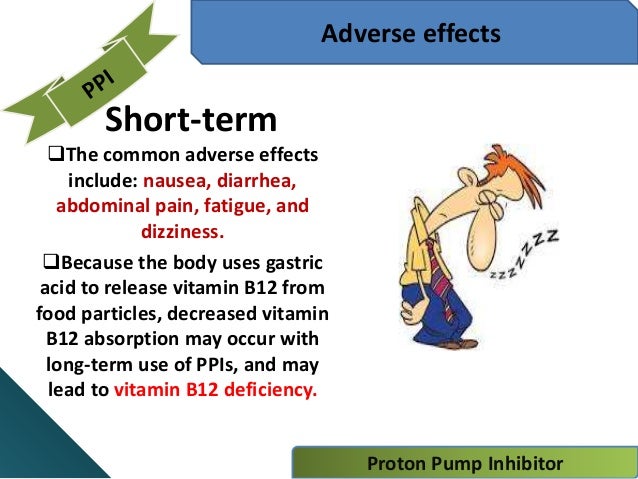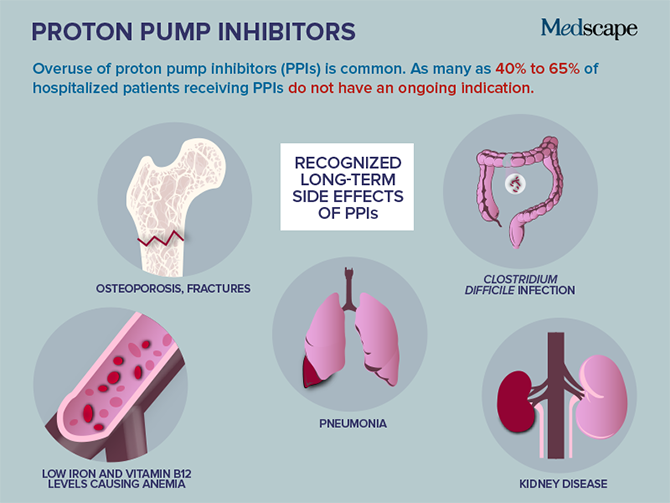Adverse effects of ppis are usually mild and reversible and include headache, diarrhoea, nausea, abdominal pain, constipation, dizziness and skin rashes. Below, we briefly summarize the evidence for each side effect.
Nevertheless, proton pump inhibitors generally are well tolerated.

Proton pump inhibitors long term side effects. However long term ppi treatment may be associated with uncommon, serious adverse effects such as:6,9 1. Adverse reactions that occurred most frequently in clinical trials were reportedly mild and included constipation, stomach pain, headache, diarrhea and vomiting. Ppis are well tolerated and most adverse effects are mild and transient.
Three of the most popular drugs. As a gastroenterologist, my patients frequently ask this question. These emerging data have led to subsequent investigations to.
They are prescribed to both prevent and treat ulcers in the duodenum. Proton pump inhibitors have been reported to have adverse effects on the kidneys. Sibo, small intestinal bacterial overgrowth;
Increased risk of bone fractures. Ppis include lansoprazole (prevacid), omeprazole (prilosec), pantoprazole (protonix), rabeprazole (aciphex), and esomeprazole (nexium). Their doctors want informed answers.
Common adverse effects, observed in up to 10% of patients, are headache, diarrhoea, gastrointestinal upset, constipation and flatulence. Proton pump inhibitors (ppis), like all drugs, can cause side effects that range from minor to serious. Despite ppis being effective and well tolerated, there have been growing concerns about potential adverse effects associated with long‑term use of these drugs.
The use of ppis is associated with clostridium difficile infection (cdi) and appears to. What are the side effects of ppis? Inquiring minds want to know:
Rare but important adverse events include acute interstitial nephritis, hyponatraemia, hypokalaemia. Some of the most serious side effects from long term use of ppis are the development of kidney disease, kidney failure and dementia. Ppis may increase the risk of clostridium difficile infection of the colon.
Lawsuits have been filed across the nation by individuals and groups (class action proton pump lawsuits) who have been harmed by use of ppis. The possible side effects are usually mild and reversible, and may include constipation, diarrhoea, wind, feeling sick, vomiting and headaches. The mechanism is not clearly established but has been hypothesized to be related to acute interstitial nephritis (ain) 54.
It can be hard to answer succinctly. Patients ask about risks and benefits; The most common side effects reported include headache, diarrhea, nausea, and vomiting.
[US pharmacist]LongTerm Consequences of Chronic Proton
Contrast effects of proton pump inhibitors in normal
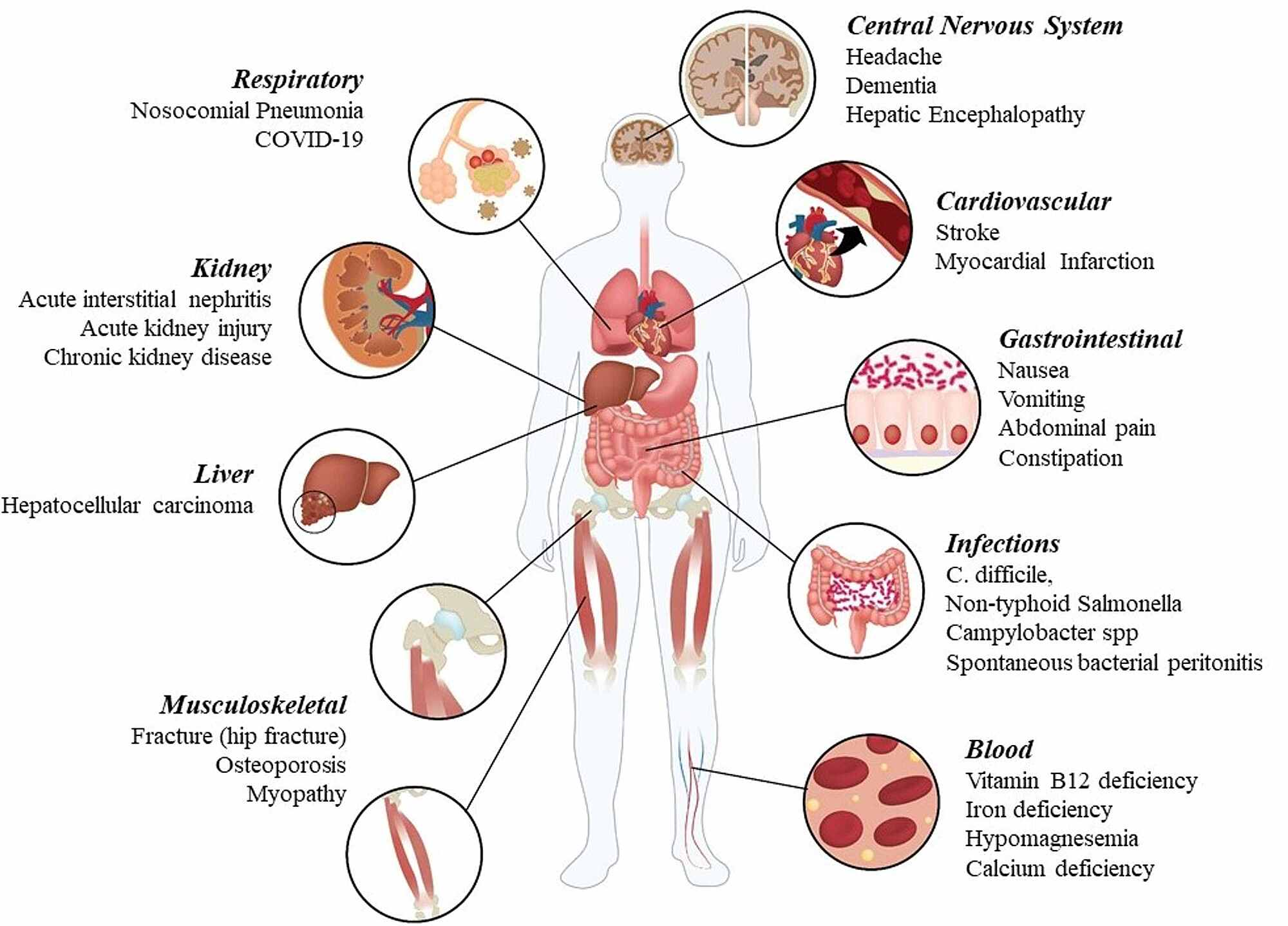
Cureus Adverse Effects Associated with Proton Pump

Adverse Effects Associated With Proton Pump Inhibitors
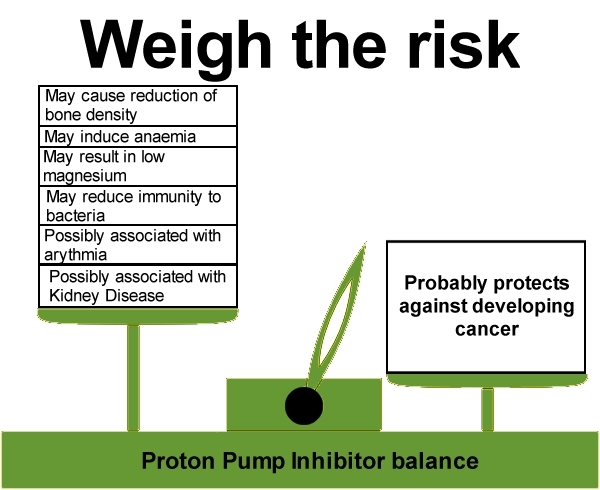
PPI's, Omerozole long term use Proton Pump Inhibitors
Acid Reflux & Stomach Ulcers Homeopathy Cape Town

Proton Pump Inhibitors Part 1 YouTube

Acid Reflux & Stomach Ulcers Homeopathy Cape Town
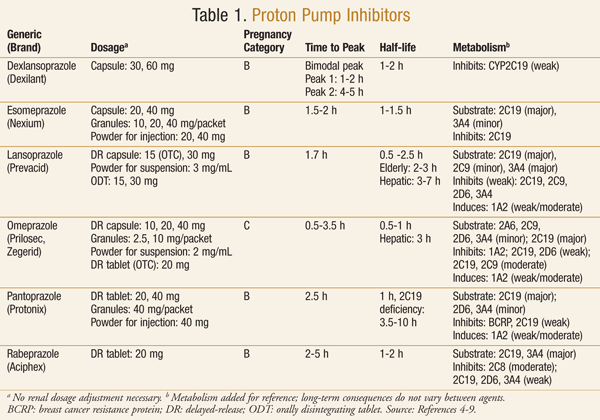
LongTerm Consequences of Chronic Proton Pump Inhibitor Use
